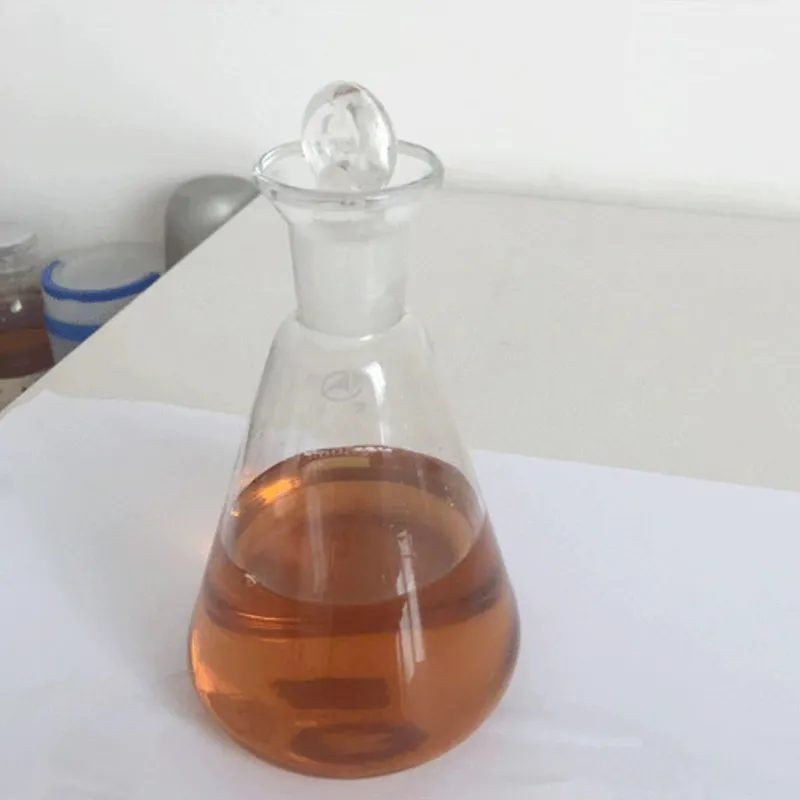
carrageenan food additive
Understanding Carrageenan as a Food Additive
Carrageenan, a natural food additive derived from red seaweed, has gained significant attention in the food industry for its versatile thickening, gelling, and stabilizing properties. As consumers become increasingly concerned about food ingredients and their potential effects on health, it is essential to understand what carrageenan is, its uses, and the ongoing debate surrounding its safety.
What is Carrageenan?
Carrageenan is extracted from various species of red algae, primarily from the genus Chondrus, also known as Irish moss. The process involves boiling the seaweed to extract the carrageenan, which is then purified and powdered for use as a food additive. This polysaccharide is primarily utilized for its ability to create textures in food products, making it a popular choice in various applications.
There are three main types of carrageenan kappa, iota, and lambda, each offering different gelling properties. Kappa carrageenan forms strong gels in the presence of potassium ions, while iota creates softer gels that can remain flexible. Lambda carrageenan does not gel but instead acts as a thickener and stabilizer, making it ideal for sauces and dairy products.
Applications in Food
Carrageenan is widely used in the food industry. You might find it in products such as dairy alternatives (like almond or coconut milk), processed meats, yogurt, ice cream, and even in some dietary supplements. It is particularly valued for its ability to improve the texture and mouthfeel of products, providing a creamy consistency without the need for additional fats.
In non-dairy milk products, carrageenan helps to prevent the separation of ingredients, ensuring a uniform texture that consumers expect. In the realm of meat processing, it serves as a binder and helps retain moisture, enhancing the quality and shelf life of the products.
carrageenan food additive

Nutritional Aspects and Health Concerns
While carrageenan is generally recognized as safe (GRAS) by the FDA, its use in food products has sparked controversy regarding its potential health effects. Some studies have linked carrageenan to gastrointestinal issues such as inflammation and digestive distress, raising concerns among health advocates. Critics argue that the body may not digest carrageenan properly, potentially leading to an immune response that could contribute to digestive problems.
However, it is essential to note that various studies and reviews have not reached a consensus on the safety of carrageenan, and many health organizations, including the World Health Organization (WHO) and the European Food Safety Authority (EFSA), support its use in food products at regulated levels. They emphasize that further research is needed to understand the long-term health effects of carrageenan consumption fully.
Consumer Awareness and Labeling
As consumers become more health-conscious and attentive to food labels, there has been a growing demand for transparency regarding food additives. This has led to increased scrutiny of carrageenan in food products. Many manufacturers now provide clear labeling of ingredients, allowing consumers to make informed choices.
Some brands have opted to remove carrageenan from their products in response to consumer concerns, opting instead for alternative thickening agents like guar gum or xanthan gum. The clean label trend—where consumers prefer food products with minimal processing and natural ingredients—has also influenced the perception and usage of carrageenan in foods.
Conclusion
Carrageenan remains a widely used food additive due to its functional properties in creating textures and stabilizing mixtures. As the dialogue around food ingredients continues, both consumers and manufacturers are navigating the complexities of ingredient choices. While it holds important functions in modern food production, the ongoing discussions about its safety highlight the intricate balance between utilizing natural resources responsibly and addressing health concerns. Whether to embrace or avoid carrageenan ultimately comes down to individual perspectives on food safety and health, pushing for more transparency and informed choices in the marketplace.
-
Buy High-Quality Trichloroisocyanuric Acid for Sale | TCCA 90% SupplierNewsAug.30,2025
-
Pure Sodium Dichloroisocyanurate Dihydrate | Powerful DisinfectantNewsAug.29,2025
-
Industrial Chemicals: Quality & Purity for Every IndustryNewsAug.28,2025
-
Nitrile Rubber Honoring Strict Production StandardsNewsAug.22,2025
-
Aspartame Ingredients Honoring Food Safety ValuesNewsAug.22,2025
-
Fertilizer for Balanced Plant NutritionNewsAug.22,2025
-
Cyanide Gold Processing with High Purity AdditivesNewsAug.22,2025
Hebei Tenger Chemical Technology Co., Ltd. focuses on the chemical industry and is committed to the export service of chemical raw materials.
-

view more DiethanolisopropanolamineIn the ever-growing field of chemical solutions, diethanolisopropanolamine (DEIPA) stands out as a versatile and important compound. Due to its unique chemical structure and properties, DEIPA is of interest to various industries including construction, personal care, and agriculture. -

view more TriisopropanolamineTriisopropanolamine (TIPA) alkanol amine substance, is a kind of alcohol amine compound with amino and alcohol hydroxyl, and because of its molecules contains both amino and hydroxyl. -

view more Tetramethyl Thiuram DisulfideTetramethyl thiuram disulfide, also known as TMTD, is a white to light-yellow powder with a distinct sulfur-like odor. It is soluble in organic solvents such as benzene, acetone, and ethyl acetate, making it highly versatile for use in different formulations. TMTD is known for its excellent vulcanization acceleration properties, which makes it a key ingredient in the production of rubber products. Additionally, it acts as an effective fungicide and bactericide, making it valuable in agricultural applications. Its high purity and stability ensure consistent performance, making it a preferred choice for manufacturers across various industries.





